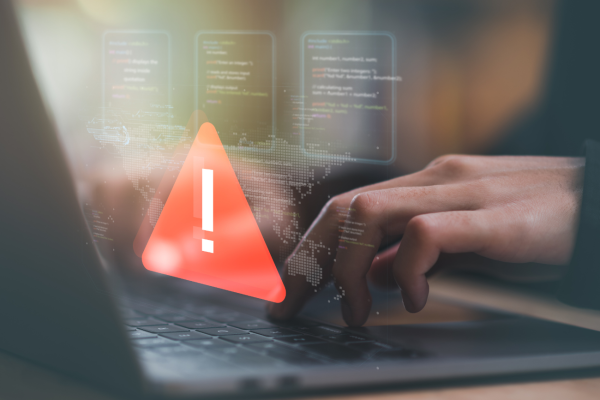 There’s an old saying that only a fool has himself for a lawyer. While DIY projects can be a great way to save money and learn new skills, when it comes to writing your will in Florida, this could lead to some serious consequences. Here are some of the key dangers of writing a will without an attorney:
There’s an old saying that only a fool has himself for a lawyer. While DIY projects can be a great way to save money and learn new skills, when it comes to writing your will in Florida, this could lead to some serious consequences. Here are some of the key dangers of writing a will without an attorney:
Misinterpretation of Legal Terms
Legal jargon can be challenging to understand. The words ‘property’, ‘assets’, ‘estate’, for example, have specific legal meanings that may not match your understanding. A seemingly minor misinterpretation can drastically change the distribution of your estate.
Example: If you have a property jointly owned and you bequeath your “property” to a child in your will, this could potentially lead to legal disputes. In Florida, joint property generally passes directly to the co-owner upon death, regardless of what your will states.
Not Complying with Florida State Laws
Florida has specific requirements for a will to be considered valid. If your DIY will doesn’t meet these requirements, it may be considered invalid, and your assets will be distributed according to Florida’s intestacy laws.
These requirements include:
– The will must be in writing (typed or handwritten)
– It must be signed by the person making the will (the “testator”) and by two witnesses.
– The witnesses must sign the will in the presence of each other and the testator.
Leaving Out Essential Provisions
An attorney can help ensure that you don’t leave out essential provisions that could affect how your assets are distributed or who takes care of your minor children.
Example: In Florida, if you don’t name a personal representative (executor) in your will, the court will appoint one for you. This could potentially be someone you wouldn’t have chosen yourself.
Not Planning for Contingencies
Life is unpredictable. A well-drafted will should account for different scenarios, such as the predecease of a beneficiary. Without legal guidance, you may neglect to plan for these contingencies.
Example: Suppose you leave your entire estate to your spouse, but they pass away before you. Without a contingency plan, your estate could be distributed according to Florida’s intestacy laws rather than your wishes.
Why You Need an Attorney
An experienced estate planning attorney can help avoid these pitfalls. The Tampa estate planning lawyers of Law Offices of Laurie E. Ohall P.A. focus on estate and elder law and can provide the guidance and expertise you need to ensure your will is valid and effectively carries out your wishes.
Getting Help
Don’t take risks with your legacy. Contact Law Offices of Laurie E. Ohall P.A. today to set up a consultation and secure peace of mind for you and your loved ones. Call us at (813) 438-8503 to schedule your appointment.
